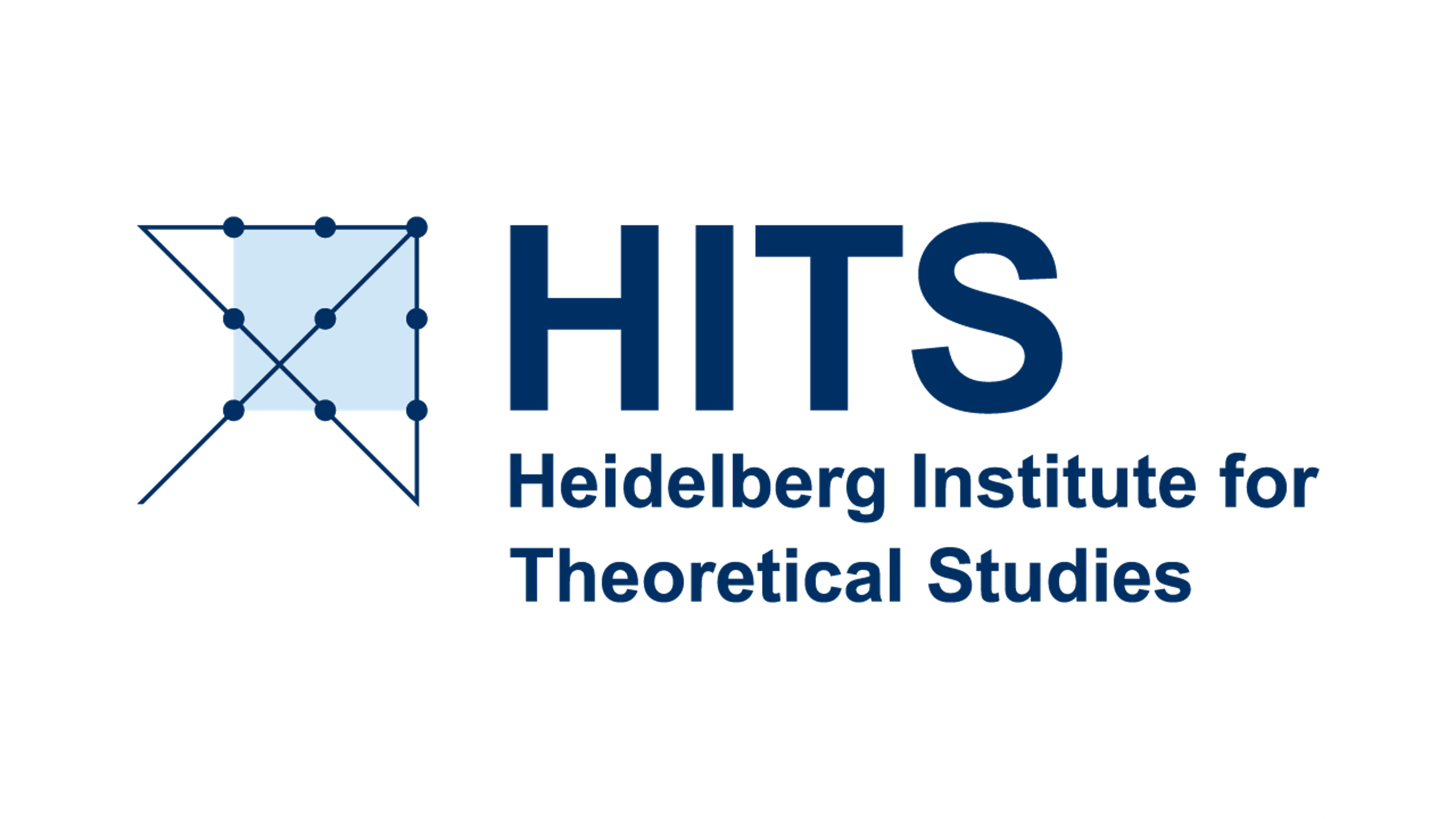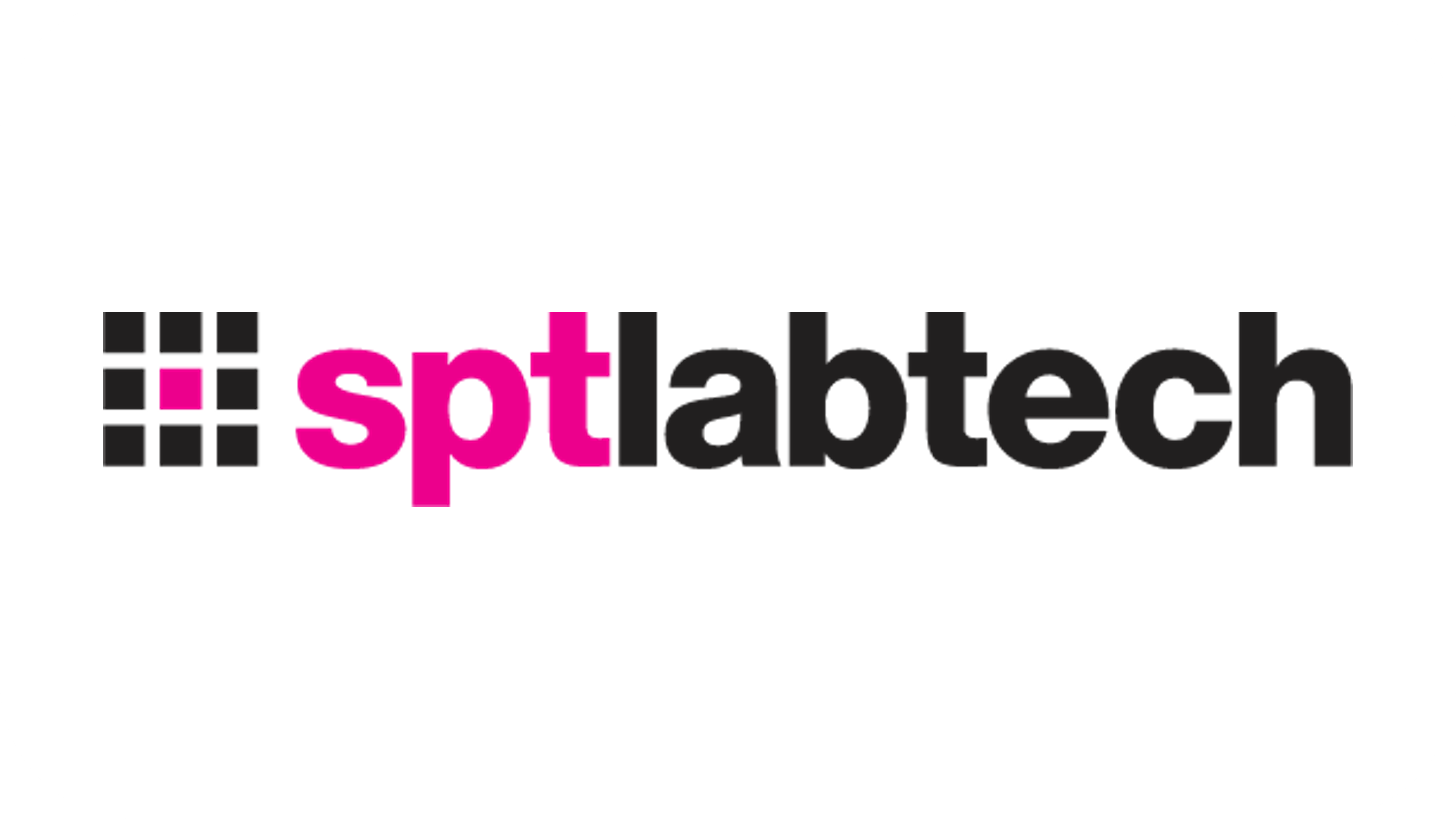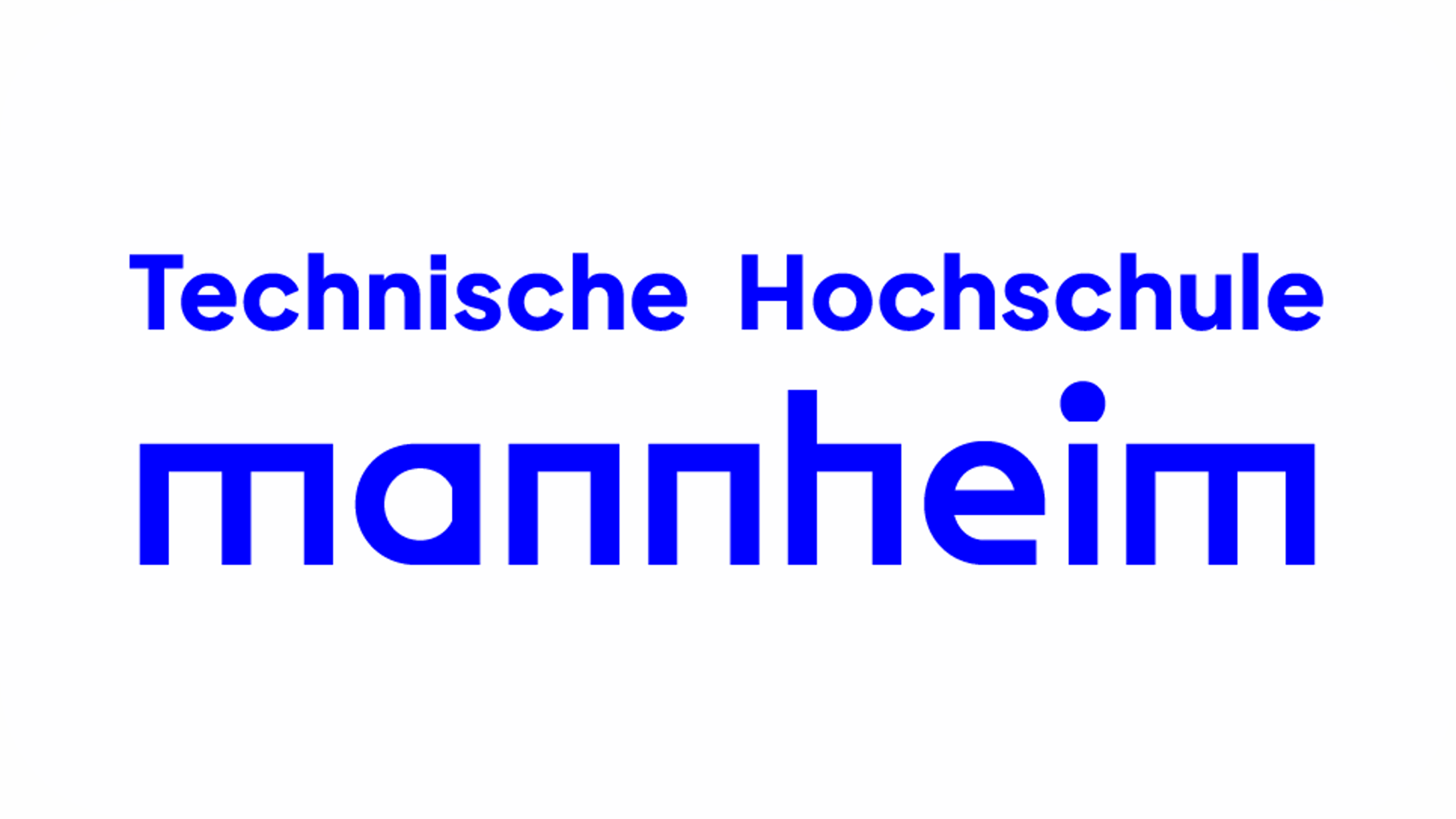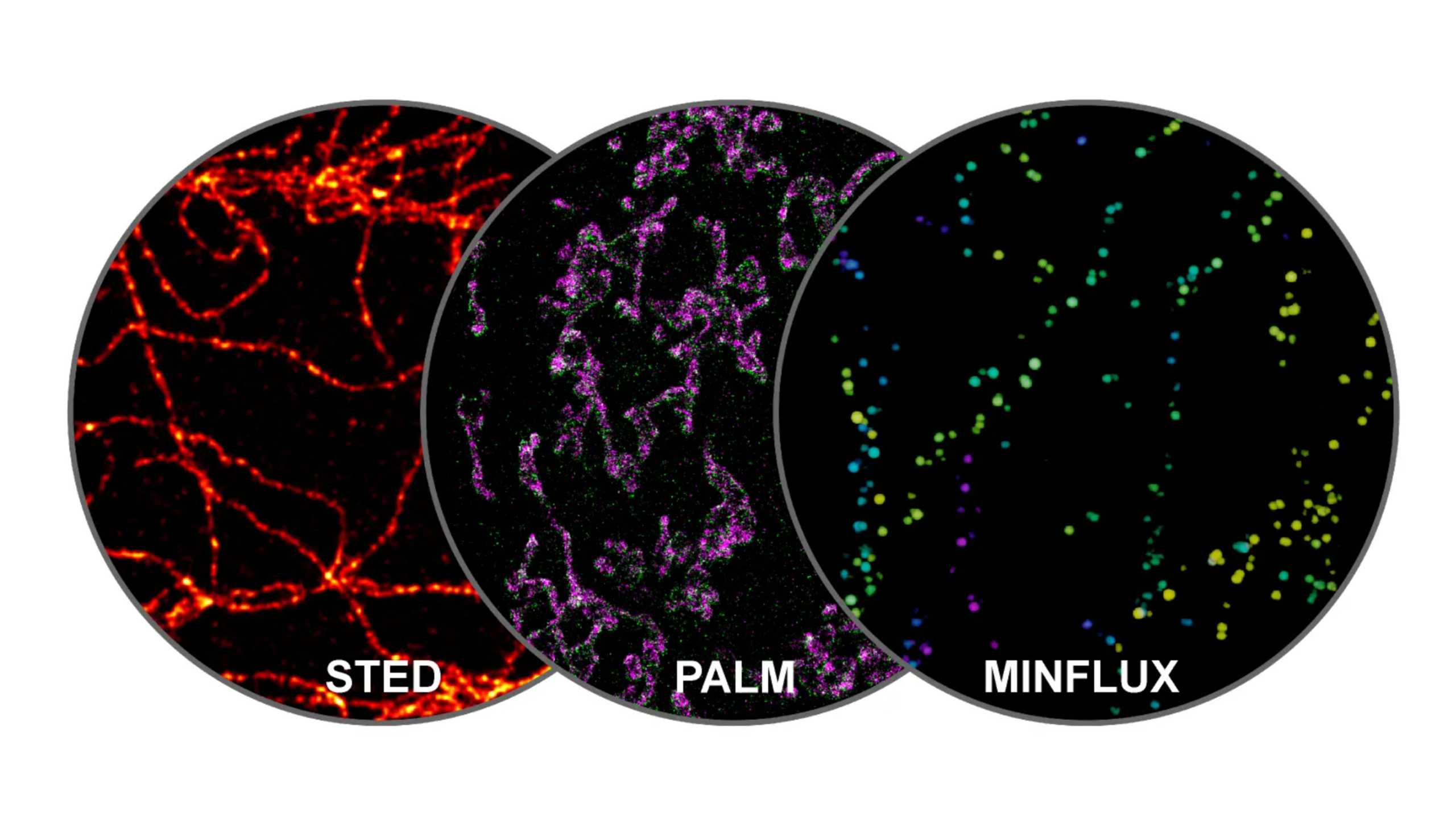Biodiversity research and Phylogenetic trees: “Highly Cited Researcher“ at HITS

For nine years running, computer scientist Alexandros Stamatakis from the Heidelberg Institute for Theoretical Studies (HITS) has been identified as one of the most cited researchers worldwide, according to this year’s “Highly Cited Researchers” list from Clarivate. The ranking is an important indicator for the impact of a researcher’s scientific publications.
Computer scientist Alexandros Stamatakis from the Heidelberg Institute for Theoretical Studies (HITS) again belongs to the most cited researchers worldwide, based on a study by Clarivate Analytics. As he has obtained an ERA chair project (European Research Area) to establish a novel computational biodiversity research group in Crete, Greece, he is listed in the ranking with a primary affiliation at the Foundation for Research & Technology – Hellas (FORTH), while his secondary affiliation remains with HITS. The ranking constitutes an important indicator for the impact of a researcher’s scientific publications. The citations of their publications rank cumulatively among the top one percent in their fields and publication years. The list currently comprises approximately 6,900 researchers from 59 countries, among them 332 researchers from Germany.
For nine years running, Alexandros Stamatakis has earned this exclusive distinction, based on the number of highly cited papers he produced over an 11-year period from January 2013 to December 2023. This year, he is listed in the category “Biology and Biochemistry,” which emphasizes the interdisciplinary dimension of his work.
Scalable software for huge biological datasets
Alexandros Stamatakis develops software for analyzing huge biological datasets. His research focus lies on the development of scalable methods and software for the analysis of molecular sequence data. Stamatakis´ publications have made a substantial contribution to current evolutionary biology. His work covers, for instance, software for inferring evolutionary trees, the evaluation and use of emerging parallel computer architectures, the evolution of cancer cells, and the statistical classification of bacteria. Alexandros Stamatakis has reconstructed the evolutionary trees of insects and birds in two international research projects. In 2022, he earned an ERA Chair by the European Union. Since early 2023, he has been establishing the new Biodiversity Computing Group (BCG) at the Institute of Computer Science at the Foundation for Research and Technology Hellas. BCG collaborates closely with local Biodiversity Research centers, namely the Hellenic Center for Marine Research and the Natural History Museum of Crete, and has close ties with the Computational Molecular Evolution research group at HITS, as well as the computer science department of KIT.
Alexandros Stamatakis has been in charge of the “Computational Molecular Evolution” research group at HITS since 2010, and has been a full Professor for High Performance Computing in the Life Sciences at the Institute for Theoretical Informatics at the Karlsruhe Institute of Technology (KIT) since 2012. For the duration of the ERA chair project, Alexandros Stamatakis is an associated group leader at HITS and a full professor on leave at KIT where he nonetheless maintains his regular teaching activities.
The ”who is who” of influential researchers
The citation number is an indicator for the scientific impact of a paper. The “Highly Cited Researchers” list is published by the U.S. company Clarivate Analytics. The annual list identifies researchers who demonstrated significant influence in their chosen field or fields through the publication of multiple highly cited papers during the last decade. Their names are drawn from the publications that rank in the top 1% by citations for field and publication year in the “Web of Science” citation index. The methodology that determines the “who’s who” of influential researchers draws on the data and analysis performed by bibliometric experts and data scientists at the Institute for Scientific Information at Clarivate. It also uses the tallies to identify the countries and research institutions where these scientific elite are based.
The full 2024 Highly Cited Researchers list and executive summary can be found online https://clarivate.com/highly-cited-researchers/




